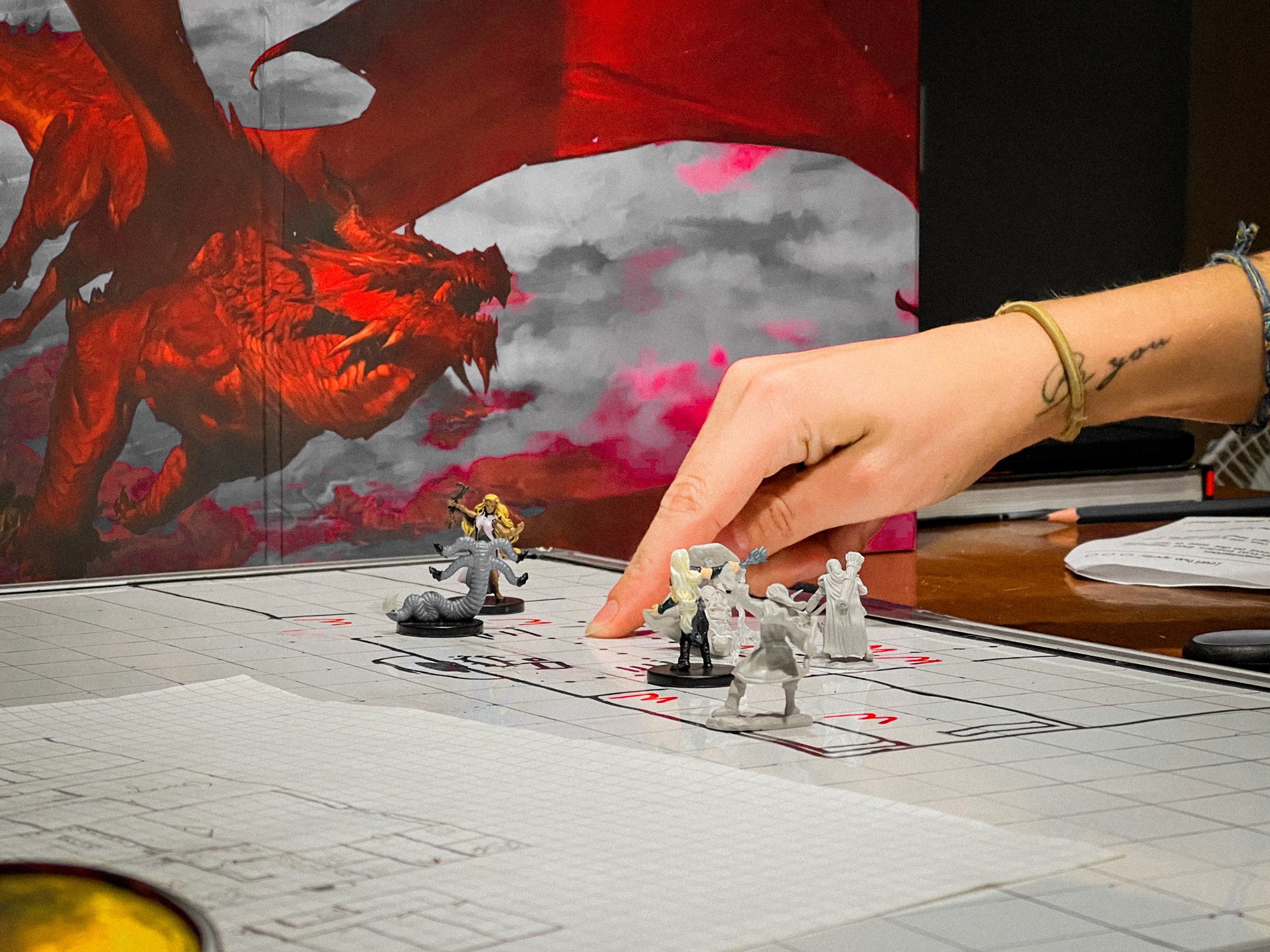
A tie-up between Hasbro and Mattel might not create a toymaking monopoly, but it would produce an industry powerhouse that would have to undergo rigorous antitrust scrutiny.
Even if a Hasbro (HAS 0.77%) merger with Mattel (MAT 0.75%) was able to clear antitrust concerns over creating a massive toymaking behemoth, the deal might still not make sense or be a good fit.
There are certainly a lot of benefits the toymakers would realize from the tie-up, including:
- Filling holes in their respective toy boxes: Mattel is stronger in the girls segment, with Barbie and American Girl brands generating some $1.6 billion in annual revenues; Hasbro is strongest in boys, with $1.8 billion annual revenues from properties like Star Wars, Transformers, and Nerf.
- Sharing media knowledge: Hasbro has plenty of experience monetizing its assets through TV shows and big-screen treatments of their properties, but Mattel has largely been absent from that game.
- Eliminating the risks associated with bidding against each other for rights to make and market toys: Hasbro, for example, recently wrested away control of Disney's (DIS 0.84%) Princess dolls and Frozen franchise from Mattel.
Some analysts dismiss the antitrust angle, saying the toy industry is so fragmented that a combined Hasbro-Mattel would only account for a 20% to 25% share of the market. However, with combined annual revenues in excess of $10 billion, it would be more than twice as large as the next closest competitor, LEGO, which has around $4.3 billion in sales. The rest of the industry is comprised of smaller players such as Jakks Pacific (JAKK +0.78%) and MGA Entertainment.
Beyond fears of an industry giant dwarfing its rivals, a Has-Mat merger would be a toxic brew for those that currently benefit from playing one off of the other.
Mattel, for example, had been a longtime maker of dolls for Disney, and said it generated about $300 million annually from the Princess line (though analysts peg the number closer to $500 million). But it made a fatal mistake of developing a competing line of princess dolls, one which never amounted to much in terms of sales, but angered Disney, which then gave Hasbro the right to make the dolls.
It was the same problem that arose when Hasbro and DreamWorks Animation were rumored to be in merger talks. Disney had to consider that its toymaking partner might become a major movie-making competitor. If Hasbro and Mattel merged, finding a replacement would be harder. JAKKS Pacific, with less than $1 billion in sales, doesn't have the requisite marketing heft -- though if it won a prize like the Princess dolls line, it would likely devote most of its time and attention to the brand.

The Barbie brand generates over $1 billion annually in sales for Mattel.
As important as Disney's dolls were to Mattel, the toymaker still dominates that market without them, as its Barbie, American Girl, and Monster High lines routinely rank as three of the top five most-wanted dolls at Christmas.
That kind of competitive concern could also come up in marketing for Disney's Marvel Comics characters. While Hasbro has done well with the Avengers series from Disney, it's also planning a connected universe mashup with its own properties including G.I. Joe, Micronauts, M.A.S.K., and ROM characters. Mattel, meanwhile, is licensed to work with DC Comics superheroes.
All of this aside, it's still hard to see the deal getting past regulators. The Toy Industry Association says industry revenues grew 7% in 2015 to $19.5 billion, which would give regulators a good reason to closely scrutinize the deal. In the past year alone, the Justice Department has shot down mergers between Staples and Office Depot, and Sysco and U.S. Foods, as well as Electrolux's purchase of GE's appliance business, all due to concerns about industry concentration and the potential for higher prices resulting from the deals.
It may ultimately come down to how the toy industry is defined. If regulators take a narrow look at the market, Hasbro and Mattel might make it through given their minimal overlap. But a more expansive view would be problematic if regulators see the combination as an industry juggernaut that would stomp out the competition and raise prices.
Although Hasbro CEO Brian Goldner has talked about wanting to make a "transformative" deal, putting all the toys from Hasbro and Mattel into one toy box seems like a transaction that would put the companies instead in "time out." A deal for one of the industry's smaller players would have a better chance of getting a play date.








